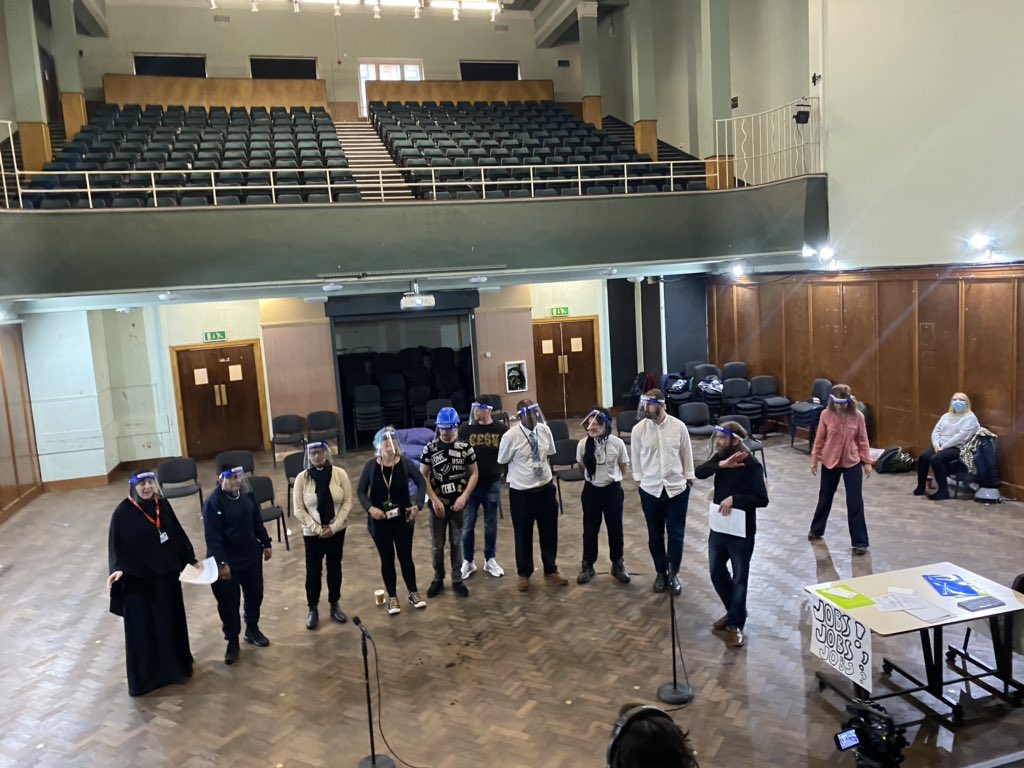
On Wednesday 30th September, 112 people from frontline support staff, GMCA officers and elected officials, advocates and neighbours to people with experience of homelessness attended and participated in the first Greater Manchester Legislative Theatre on Multiple Disadvantage. It was an interactive on-line event where community members worked together with policymakers to generate, debate and negotiate innovative policy around the issue and to feedback a co-produced Homelessness Prevention Strategy for Greater Manchester.
We appreciated all the comments and feedback we received and this what one of the participant said about the event:
‘The visceral felt sense of response to what we were seeing, and seeing that in others. Also people with lived experience holding the space and power and leading what happens and how others interact – we need more of this!’ Viv Slack
You can catch up with the event via our Youtube channel:
Here are some of the policy proposals where the first three apply across job centres and housing officers that was drawn at our event on 30th September. The actors, facilitators, and policy-makers are meeting on 22 October, to discuss these proposals in more detail and move them towards action.
1) Improve holistic training for frontline staff (mental health, addiction, and trauma and client rights) to ensure service users access the right support swiftly and efficiently. (Audience priority)
- Managers support staff to make choices based on the persons need rather than target-based and encourage staff to take risks and try new things;
- Client-led, trauma informed and strength based approaches;
- Organisations encourage staff to learn from each other;
- Accountability measures if staff don’t carry out what they’ve learned – what are the consequences?
2) Employing people with lived experience (Audience priority)
- Target within DWP: 50/50 employment of people with lived experience and people without lived experience;
- Hiring in sustainable jobs;
- All levels including service managers;
- Understand what cultural changes are needed so it would not be a corrosive environment to work in (audit and values examination).
3) Data sharing across health and social care, and across GM and local authorities
- Via GM-THINK or otherwise;
- In a way that prioritises the interest of the service user, so they don’t have to repeat themselves and don’t get penalized for sharing information;
- Prioritizing Ownership, accuracy and access.
4) Redefining success criteria to be customer defined – within DWP
5) Peer advocates with lived experience (with small caseload for personalised approach) to be trained in order to be available to support people to know their rights, and advocate for themselves. – in housing offices.
If you have attended the event, you can provide us with your feedback here.
Special thanks to all our actors: Nadia, Damian, Tom, Madia, Risha, Chris and our facilitators: John Organ, Nadia Purcell, Andy Muzondiwa, Stan Benes and director Katy Rubin for making it all happen.
